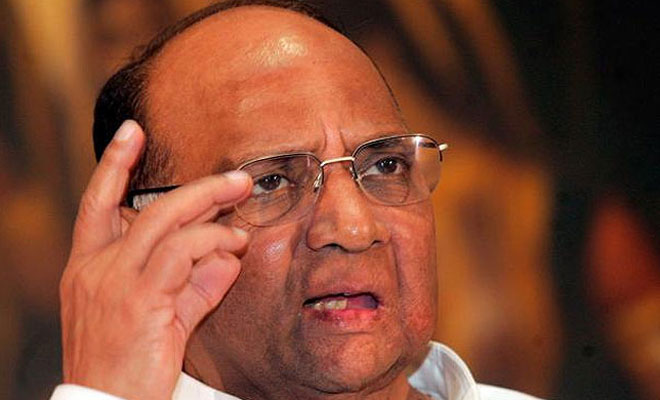Changes in SC/ST Act will increase fissures in society
 New Delhi: A day after the cabinet, despite objections of two senior ministers, approved amendments to the Scheduled Caste and Scheduled Tribe (Prevention of Atrocities) Act that make mere knowledge of the victim’s SC/ST status sufficient to establish the perpetrator’s guilt, it has come under criticism. Lawyers, former cops, politicians and academics slammed the move.
New Delhi: A day after the cabinet, despite objections of two senior ministers, approved amendments to the Scheduled Caste and Scheduled Tribe (Prevention of Atrocities) Act that make mere knowledge of the victim’s SC/ST status sufficient to establish the perpetrator’s guilt, it has come under criticism. Lawyers, former cops, politicians and academics slammed the move.
Their view was that rather than an empowering law, it will be a tool to settle scores unless safeguards are in place, and pointed out that the Act is often misused in the administration by SC and ST employees to fend off disciplinary action.
“In laws like these, it is important to strike a balance. There is no doubt that SC/STs should get protection but (criminal) intent or mens rea is an essential ingredient in criminal law. I cannot agree with this change in the law… this will only increase fissures in society and pander to casteist lobbies…,” said former BSF (DG) Prakash Singh.
The amendment was opposed in Wednesday’s cabinet meeting by RLD chief Ajit Singh and NCP chief Sharad Pawar. It says wherever a victim’s caste or tribal identity is to be established in a court of law and where it can be inferred from facts and circumstances of the case that the accused knew or believed the victim belongs to SC/ST, or the accused knows the victim or his/her family, the court shall presume the accused is aware of the caste or tribal identity of the victim, unless it is proved otherwise. They pointed out misuse of the law, sometimes by members of the upper caste to settle scores by making member of a lower caste a pawn. The amendment will make matters worse.
“Any move to empower SC/STs is laudable but in context of the present changes in the law, two things should be ensured. Firstly there has to be speedy trial and secondly there should be stringent provisions to deal with misuse. In the civil services, it is common practice for an employee to use the law to evade disciplinary action by seniors. The removal of the important defence of intent will undoubtedly increase misuse,” said Supreme Court advocate Sanjoy Ghose.
Politicians from UPA constituents said off-the-record how difficult it would be for an accused to prove s/he was not aware of caste of the purported victim. A Rajya Sabha MP from the ruling coalition said his party stand was that a provision as stringent as this should not be enacted without appropriate safeguards.
“How can a person prove that s/he is not aware of something?” he asked. Academic Asish Nandy, against whom the Act was invoked for commenting on corruption among SC/STs, called the amendment a political weapon. “This is a stupid amendment that will destroy all analysis of caste and its implications because with the removal of the need to prove intent, any scholar whose analysis is not found palatable can be targeted,” he said.
Source: The Indian Express





